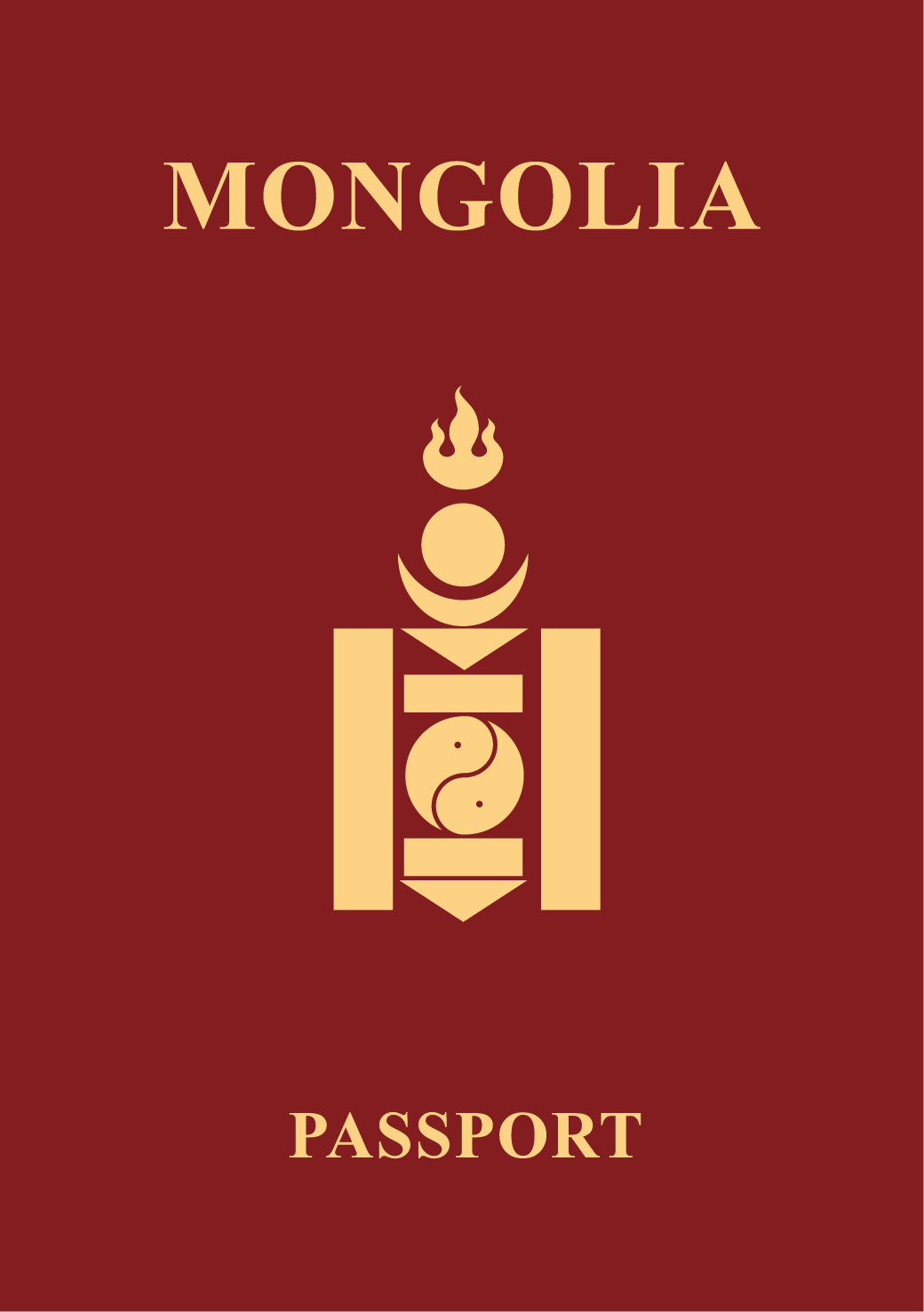Visa free access for Mongolia
As a Mongolia passport holder, you are permitted to travel visa-free to 65 countries and territories. This data is correct as of September 2024.
In order to travel visa-free, you will need a valid passport, often with at least six months until expiry. Additionally, you may need travel insurance, as required by your destination country.
Within these countries, there is often a separate section in airports where you can submit your Visa on Arrival. You will receive your visa on arrival (VOA) after entering the country that issued the visa.
Acquiring an eVisa follows the same process as applying for a traditional visa. The main difference with an eVisa is that you don’t need to visit a visa application centre. You can submit your application online, including making any payments relating to the visa.
Once the relevant authorities approve your application, you will receive a confirmation email regarding your visa status, along with a document that you must print and bring with you when crossing the border.
You will need a valid visa to enter the 65 countries with a Mongolia passport.
About Mongolia
Mongolia, located in East and Central Asia, is a landlocked country bordered by Russia to the north and China to the south, east, and west. It is the world’s second-largest landlocked country, with a population of over 3 million people. The capital city, Ulaanbaatar, is home to nearly half of the country’s population.
The climate in Mongolia is characterized by extreme seasonal changes, with long, cold winters and short, warm summers. It’s known as the “Land of the Eternal Blue Sky,” with over 250 sunny days each year. The country is renowned for its beautiful, untouched landscapes, including the vast Gobi Desert, the lush Orkhon Valley, and the snow-capped Altai Mountains.
Mongolian culture is deeply rooted in the nomadic traditions of its people, with horse riding and wrestling being popular activities. The Naadam Festival, an annual sporting event, showcases these cultural traditions. Mongolia’s economy is primarily based on agriculture and mining, with significant reserves of copper, gold, and coal.
Despite its sparse population and remote location, Mongolia is a country rich in history and natural beauty. It offers a unique blend of ancient traditions and modern development, making it a fascinating destination for travelers.

 Mongolia
Mongolia
































































































































































































































